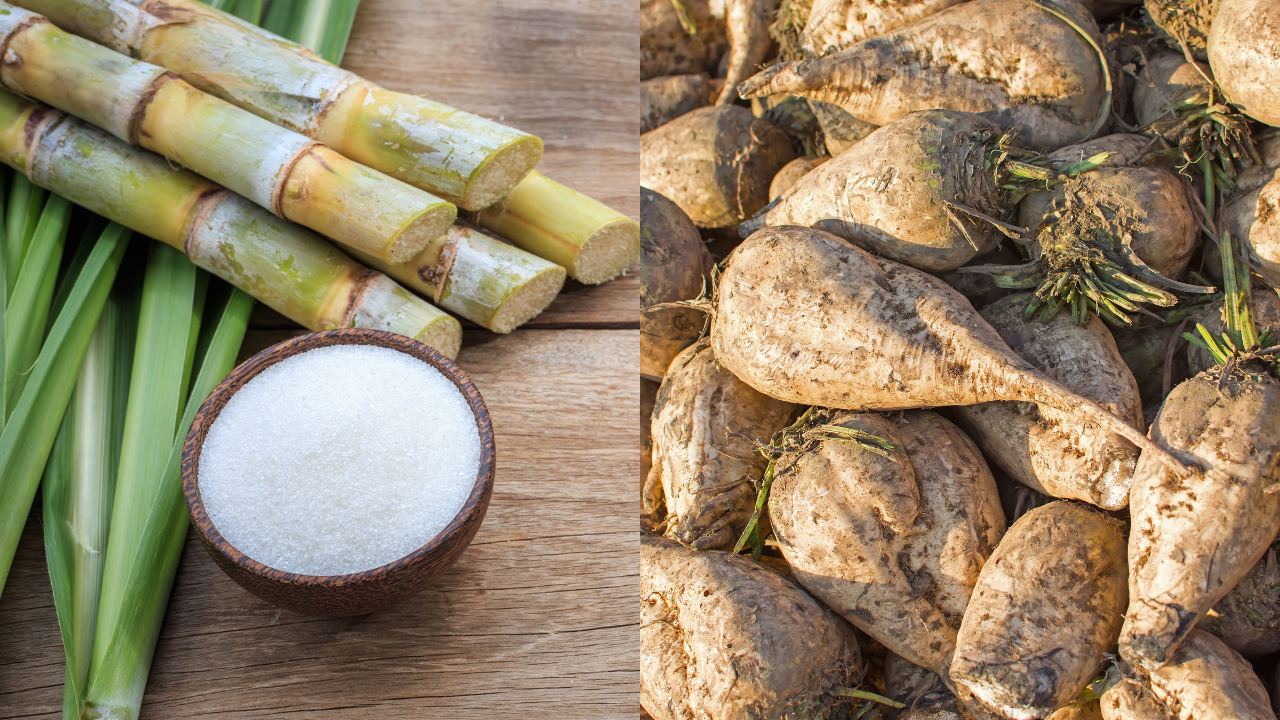The difference between beet sugar vs cane sugar extends beyond flavor to how they are grown.
The difference between beet sugar vs cane sugar extends beyond flavor to how they are grown.
Blog Article
Exploring the Differences in Uses and Advantages In Between Beet Sugar Vs Cane Sugar
In the culinary world, the option in between beet sugar and cane sugar is not merely about sweet taste yet entails a nuanced consideration of flavor, application, and effect. While both sugars originate from various plants, each undergoes one-of-a-kind manufacturing procedures that subtly affect their qualities and suitability for various meals. As chefs and customers significantly focus on both the ecological and flavor profiles of their components, comprehending these distinctions ends up being essential. This expedition offers insight into exactly how each sugar kind can best boost culinary developments.
Beginnings and Production Procedures of Beet and Cane Sugar

Cane sugar, on the other hand, comes from the sugarcane plant, an exotic lawn indigenous to Southeast Asia but now cultivated in tropical zones worldwide - beet sugar vs cane sugar. The manufacturing of cane sugar begins with the harvesting of cane stalks, which are crushed to release the juice.

Nutritional Material and Health Considerations

When contrasting the nutritional content of beet sugar and cane sugar, it ends up being obvious that both kinds basically offer the very same calorie worths, with around 16 calories per teaspoon and no substantial nutrient variety. Both sugars, when eaten in excess, can contribute to raised blood glucose levels, a risk factor for diabetes mellitus and other metabolic conditions. From a wellness point of view, moderating consumption of any kind of sugar, whether from beet or cane, is a good idea to stay clear of these possible adverse effects on well-being.
Flavor Profiles and Culinary Applications
Regardless why not look here of their comparable chemical frameworks, beet sugar and cane sugar vary subtly in taste, which can affect their usage in different cooking contexts. Walking cane sugar typically lugs a tip of molasses, also in its refined type, offering a warm, caramel-like undertone that boosts baked products, coffee, and chocolate-based dishes. On the various other hand, beet sugar is identified by its very fine-tuned, neutral taste, making it a versatile sweetener that does not alter the taste accounts of recipes.
Environmental Effect and Sustainability
While both beet and cane sugars are stemmed from plants, their environmental influences vary significantly due to the distinctive approaches of growing and handling required for each and every. Sugar beet cultivation often involves extensive automation, which can boost fossil fuel usage and carbon emissions. Beets can be expanded in cooler environments and require much less watering, possibly minimizing water usage contrasted to sugarcane. Sugarcane, on the other hand, is generally grown in tropical areas where it counts heavily on irrigation and a longer growing period, boosting its water impact.
In addition, the processing of sugarcane frequently creates a considerable amount of waste, including bagasse, which, although usable as biofuel, regularly adds to air contamination if shed inefficiently. Sugar beet handling uses more of the raw products, causing much less waste. Both industries encounter obstacles in minimizing their ecological impacts, but her explanation continuous developments in farming practices and waste management are aiming to improve sustainability.
Economic Factors Affecting the Sugar Market
The economic characteristics of the sugar market are substantially influenced by worldwide market demands and trade plans. Aspects such as tolls, aids, and international trade contracts play vital duties fit the affordable landscape. In areas where sugarcane or sugar beet production is subsidized, manufacturers may have a financial benefit that enables them to use lower prices on the global market. This can create differences in productivity and market gain access to for producers in nations without such aids.
In addition, changes in global demand for sugar, affected by nutritional patterns and industrial usage in foodstuff, straight impact rates and manufacturing levels. beet sugar vs cane sugar. Weather also play a critical duty, as they can significantly impact crop returns and, as a result, the supply chain. This irregularity introduces a level of financial uncertainty that can result check in investment volatility in sugar manufacturing fields, affecting decisions from planting to market method
Conclusion
In conclusion, both beet and cane sugar have one-of-a-kind qualities that suit various cooking needs. While cane sugar imparts a rich flavor ideal for enhancing baked goods, beet sugar's nonpartisanship is excellent for lighter meals.
Report this page